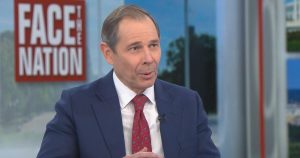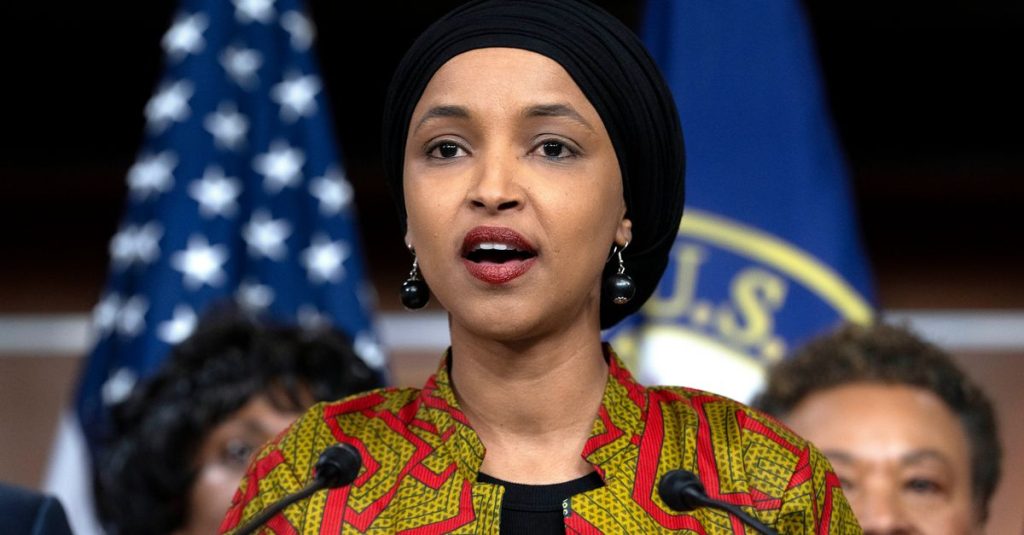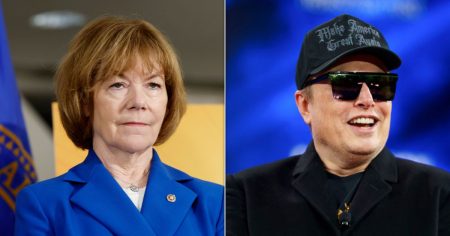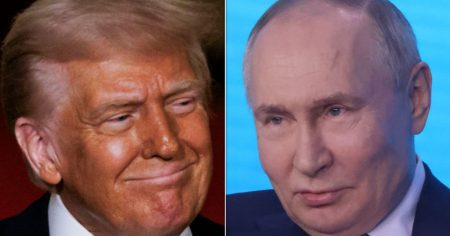Rep. Ilhan Omar Criticizes Trump’s Refugee Policy for White South Africans
In a recent and controversial move, President Donald Trump announced that he would allow white South Africans, specifically the Afrikaner community, to resettle in the United States as refugees. This decision has sparked significant backlash, particularly from Rep. Ilhan Omar (D-Minn.), who strongly condemned the policy as discriminatory and flawed. Omar, a refugee herself who fled Somalia and later became a naturalized U.S. citizen, criticized Trump for creating exceptions in the refugee resettlement system that seemingly favor one group over others. She argued that such a policy is not only unjust but also undermines the integrity of the U.S. refugee system, which is currently halted for all other groups.
The historical Context of South Africa and the Afrikaner Community
The Afrikaners are the descendants of mostly Dutch colonial settlers in South Africa. For decades, they were the ruling class under the apartheid regime, which enforced strict racial segregation and oppression against the Black majority until its dismantling in 1994. Despite the end of apartheid, white South Africans, including Afrikaners, continue to hold a disproportionate amount of wealth and land compared to their Black counterparts. Trump’s announcement to allow Afrikaners to resettle in the U.S. as refugees was justified on the grounds of alleged “government-sponsored race-based discrimination” and “racially discriminatory property confiscation.”
However, critics, including Omar, point out that this narrative is deeply problematic. White South Africans, while a minority, still enjoy significant economic advantages and are not systematically oppressed in the way that Black South Africans were under apartheid. The South African government has denied claims of arbitrary land seizures or other forms of persecution against white citizens, calling Trump’s characterization of the situation “ironic” given the historical context.
The Broader Implications of Trump’s Policy
Trump’s decision to single out white South Africans for refugee status has raised questions about the motivations behind this policy. Some have speculated that the move is influenced by wealthy individuals with ties to the Trump administration, such as Elon Musk, the South African-born tech billionaire. Musk, who has previously donated to Trump’s campaign and serves as an advisor, has been accused of using his influence to shape policies that benefit his own interests or those of his associates. Omar directly suggested that Musk’s involvement may have played a role in the new policy, stating, “Elon Musk is getting his money’s worth.”
This criticism highlights concerns about the politicization of U.S. refugee policy and the potential for undue influence from powerful figures. At a time when refugees from other parts of the world, including Central America and the Middle East, are being turned away or facing lengthy delays in the resettlement process, many are questioning why an exception is being made for a relatively privileged group like the Afrikaners.
Reactions from Afrikaner Groups and the South African Government
Interestingly, some Afrikaner groups in South Africa have rejected Trump’s offer of resettlement, stating that they have no interest in leaving their home country. While these groups may oppose certain policies, such as a recently enacted land expropriation law aimed at addressing historical inequities, they do not view themselves as victims of persecution requiring international intervention. Their rejection of Trump’s offer underscores the complexity of the issue and challenges the narrative that white South Africans are in desperate need of refuge.
Meanwhile, the South African government has dismissed Trump’s claims of widespread persecution against white citizens, calling them unfounded and misleading. In a statement, the South African Foreign Ministry noted the irony of offering refugee status to a group that remains “amongst the most economically privileged” in the country. This response reflects broader frustration with what many see as an attempt to interfere in South Africa’s internal affairs while ignoring the real struggles of its majority Black population.
The Ethical and Political Ramifications of Trump’s Refugee Policy
The controversy over Trump’s refugee policy for white South Africans has reignited debates about race, privilege, and justice both domestically and internationally. Critics argue that the policy not only perpetuates harmful stereotypes but also diverts attention and resources away from more pressing humanitarian crises around the world. By prioritizing a group that is not genuinely in peril, the U.S. risks undermining its role as a global leader in refugee resettlement and human rights advocacy.
Moreover, the policy has been seen as part of a larger pattern of racialized politics under the Trump administration. Omar has been vocal about the need for a more equitable and inclusive approach to immigration and refugee resettlement, one that does not favor one group over others based on race or ethnicity. Her critique resonates with many who believe that the U.S. should continue to serve as a beacon of hope for those fleeing war, persecution, and poverty, regardless of their background.
Conclusion: A Call for a More Just Refugee Policy
In conclusion, Rep. Ilhan Omar’s criticism of President Trump’s refugee policy for white South Africans highlights the deep ethical and political concerns surrounding this decision. The policy’s apparent favoritism toward a privileged group, combined with its flawed rationale, has sparked widespread outrage and calls for accountability. As the U.S. grapples with its role in addressing global displacement, it is imperative that the refugee resettlement system remains fair, equitable, and guided by compassion rather than political agendas.















